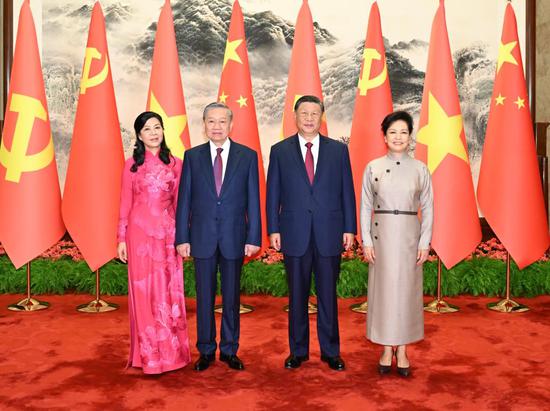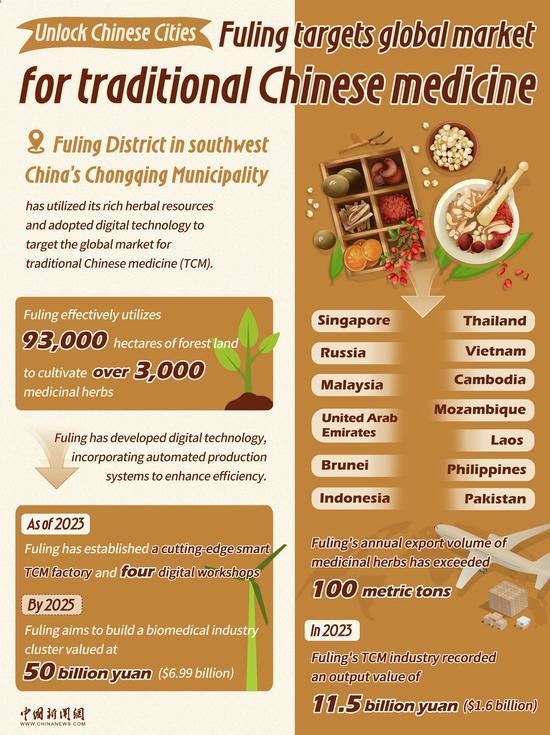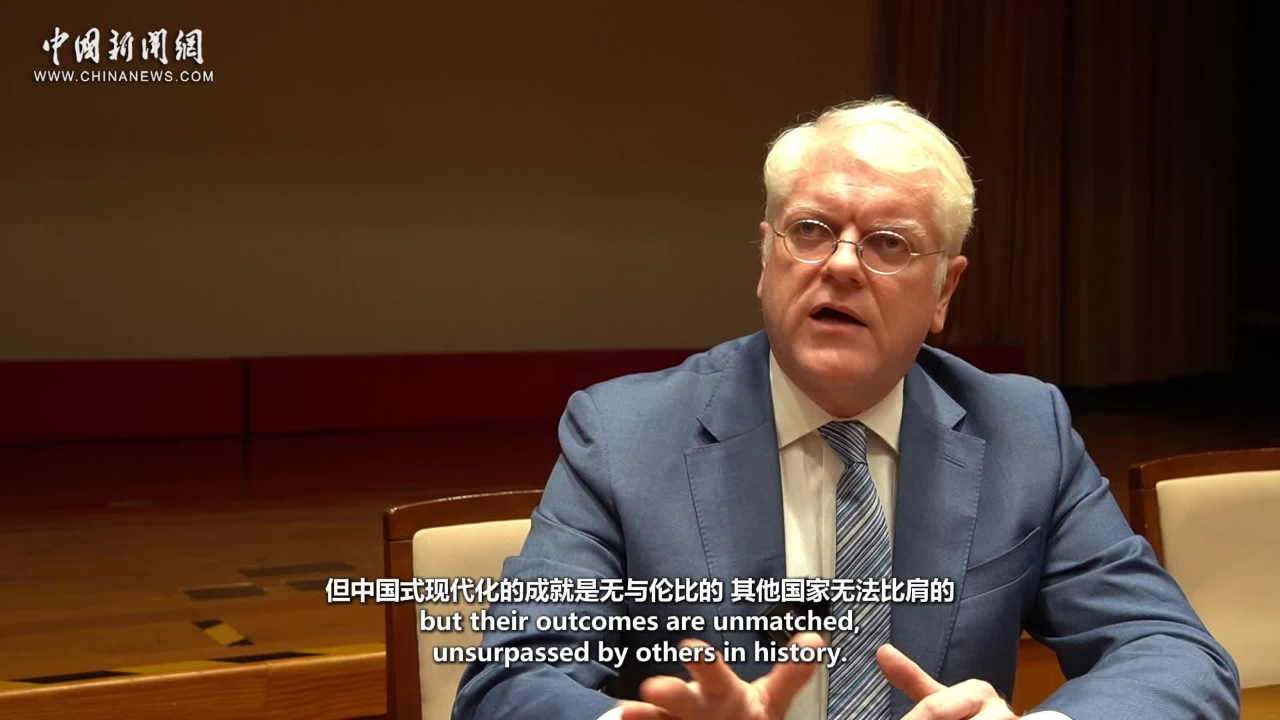'Shaky' greenback
Zhang Ming, deputy director of the Institute of Finance and Banking, which is part of the Chinese Academy of Social Sciences, said the "weaponization" of the dollar has presented an important opportunity for renminbi internationalization.
Many countries have realized that it is dangerous to rely solely on the greenback, said Zhang, who is also deputy director of the National Institution for Finance and Development.
In July, the renminbi's share in global payments, measured by value, hit a record 4.74 percent, Swift data showed. It remained the fourth most active currency for global payments by value for the ninth consecutive month.
The Chinese currency was the second-largest global currency in the trade finance market for the second consecutive month, with a market share of 6 percent in July.
As the world has sought systems other than Swift, the Cross-border Interbank Payment System, or CIPS, which specializes in renminbi cross-border payment and clearing, has grown in popularity. In July, two direct and six indirect participants were added to CIPS. By the end of July, there were 150 direct participants and 1,401 indirect participants in the system.
An increasing number of economies are also experimenting with central bank digital currencies, or CBDCs, in cross-border payments, which can not only bypass the Swift system, but enjoy a faster settlement speed than the traditional agent bank system, as a third party intermediary is no longer required.
Earlier this year, Saudi Arabia joined Project mBridge, a cross-border platform for experimenting with CBDCs — including the digital yuan — for international trade, as the sixth full participant.
Project mBridge resulted from collaboration starting in 2021 between the Bank for International Settlements' innovation arm, the Bank of Thailand, the Central Bank of the United Arab Emirates, the Digital Currency Institute of the PBOC, and the Hong Kong Monetary Authority.
Global, domestic challenges
Geopolitical dynamics, however, can be a double-edged sword, experts said, with The Wall Street Journal reporting in April that the U.S. was drafting sanctions that threaten to cut some Chinese banks off from the global financial system.
A survey by UBS Asset Management of 40 central banks, which manage about half of the global foreign exchange reserves, showed that 47 percent of them believed that U.S.-China tensions had not yet affected the internationalization trend of the renminbi. Thirty-nine percent said it had slowed it down and 14 percent said the tensions had accelerated the trend.
Zhang, from CASS, identified the U.S.' suppression of China as a key challenge facing the renminbi's internationalization. This is in addition to domestic challenges such as economic growth slowing, the yields of financial products declining, and domestic financial risks becoming more apparent.
While ramping up efforts to boost economic growth, China can further internationalize the renminbi through three main tasks, Zhang said. They are: improving the currency's function in commodity pricing, providing more high-quality renminbi financial assets to overseas investors via both onshore and offshore markets, and stepping up the development of CIPS.
He said: "Since the PBOC began promoting renminbi internationalization in 2009, it has made significant progress over the past 15 years — the renminbi now holds about a 5 percent share in international transactions and 2 to 3 percent in global reserves. The area that remains relatively weak is pricing."
To further strengthen the renminbi's pricing function, China — as a major buyer and seller of commodities — can promote renminbi pricing in the trade of commodities such as iron ore, copper and natural gas, Zhang said. He cited the example of Shanghai's launch of an international crude oil futures market denominated in renminbi in 2018, which has grown rapidly into the third largest of its kind in the world.
The resolution adopted at the third plenary session of the 20th Central Committee of the Communist Party of China in July said that efforts should be made to steadily and prudently advance the internationalization of the renminbi and develop offshore renminbi markets.
It also said the country would push forward the development of a homegrown, controllable cross-border payment system and make steady progress in the R&D and application of the digital renminbi.
Zhang said CIPS would serve as a "backup option" for China and the world, particularly if geopolitical conflicts continue to escalate and the U.S. imposes further financial sanctions. "Not only China, but also the European Union, India and Saudi Arabia are looking for new payment and settlement systems. We are providing these countries with a second or third option as well," he said.


















































 京公网安备 11010202009201号
京公网安备 11010202009201号